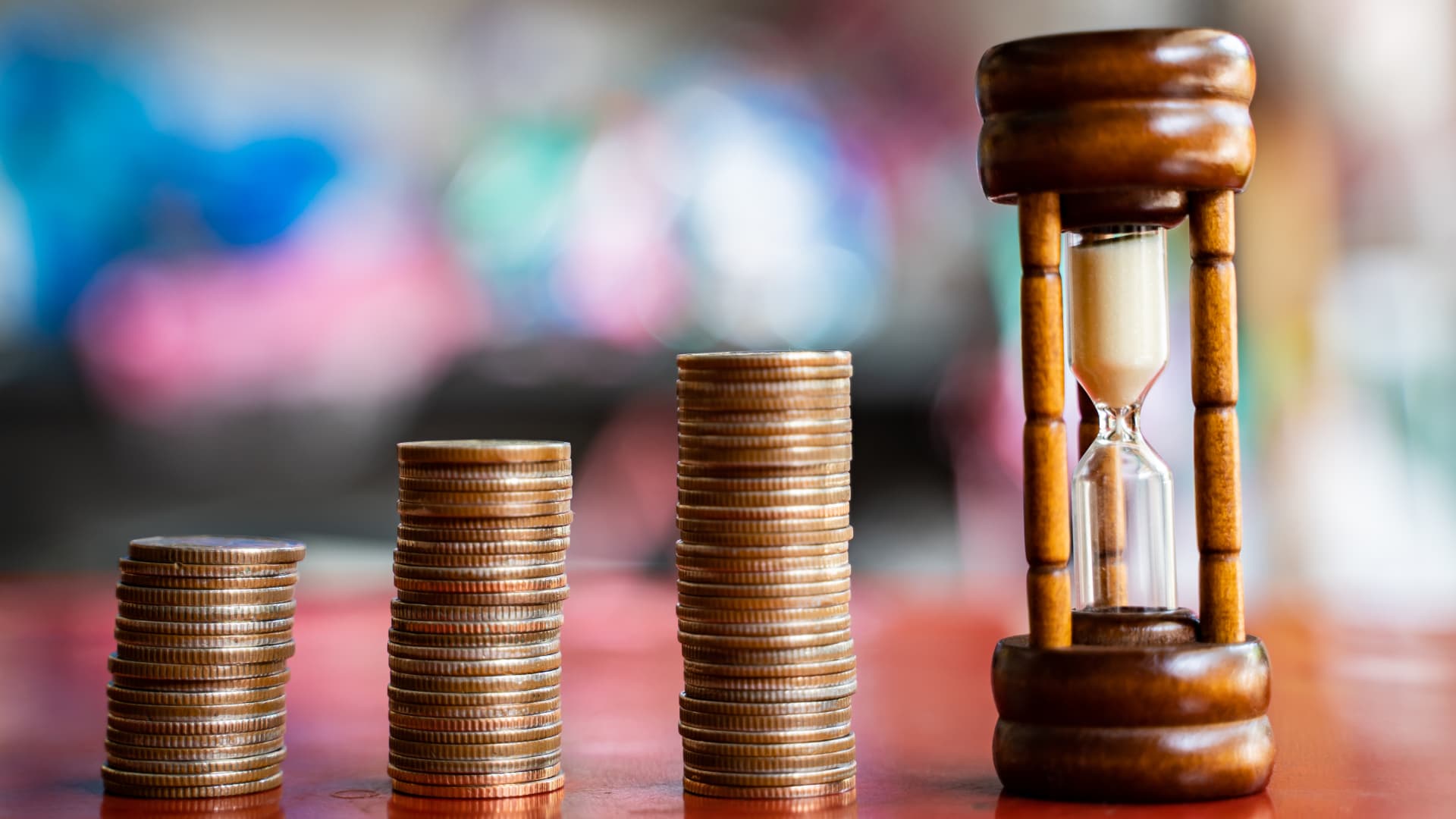
- Savers are poised to get a better return on their money after the latest bump to interest rates.
- Rates on online savings accounts, money market accounts and certificates of deposit are all poised to go up.
- Even so, "inflation needs to come down in a big way before those higher savings rates really shine," one expert says.
Finding extra cash to set aside can be tough amid the record high prices prompted by historically high inflation.
But the Federal Reserve's announcement on Wednesday that it will again hike interest rates by 0.75 percentage point will mean savers can get better a better return on the money they sock away.
The move is the U.S. central bank's latest effort toward the goal of bringing inflation down to its 2% target rate. The consumer price index, which measures the average change in prices for consumer goods and services, jumped a higher-than-expected 9.1% in June, the fastest pace since 1981.
Get San Diego local news, weather forecasts, sports and lifestyle stories to your inbox. Sign up for NBC San Diego newsletters.
More from Personal Finance:
What the Federal Reserve's 75-basis point rate hike means for you
3 tricky Series I bonds questions, answered
How advisors are shifting client portfolios as the Fed hikes rates
The Fed's preferred inflation measure — core personal consumption expenditures prices — rose 4.7% in May from a year ago, also setting multi-decade records.
"The interest rates can either be an accelerator or a brake for the economy," said Greg McBride, senior vice president and chief financial analyst at Bankrate.com.
Money Report
"Right now, the Federal Reserve is pressing very firmly on the brake in an effort to reduce demand and bring down inflation," he added.
While borrowing will become more expensive, those higher interest rates will reward savers. Still, it may be some time before those returns compete with inflation.
"Inflation needs to come down in a big way before those higher savings rates really shine," McBride said.
Nevertheless, it is a good idea to have emergency cash set aside. Experts generally recommend at least three to six months' worth of expenses, depending on your situation.
"This is a decision based on need for liquidity and your broader financial goals," McBride said.
Online savings accounts
Online savings accounts started the year with rates around 0.5% and are now above 2%.
That upward momentum should continue, McBride predicts.
"I wouldn't be surprised if we hit 3% by the fall," he said.
Money market accounts are also similarly poised to see a jump in rates, he said.
Certificates of deposit

"We will see more responsiveness to the rising rates on the shorter maturity CDs — the six-month, the one-year," McBride said.
Six-month CDs currently top out at 2.25% to 2.3%, which may see some real upward momentum, he said.
The movement on longer durations — such as three-year, four-year and five-year CDs — will likely be more tempered amid recession fears, McBride predicted.
Series I bonds
Series I bonds, which currently offer a 9.62% annual rate through October, have been a win for savers who want higher returns closer to inflation.
Yet those rates are not pegged to the Federal Reserve. Instead, they are based on government inflation data.
"As inflation comes down so, too, will the returns on the I bond, because they are structured to essentially reimburse you for inflation," McBride said.
So as the Fed gets inflation down to 2%, I bonds will also go down to that level, though it will not happen overnight, he said. A new annual rate on Series I bonds is set to be announced in November.
Notably, Series I bonds have purchase limits and require you to commit to holding your money for one year. Plus, you will pay a penalty if you sell within five years.
Consequently, if you're looking for a place to store emergency cash, you may want to choose an account that's more accessible.
"If you're short on emergency savings, you need a savings account or a money market deposit account," McBride said.
"It doesn't matter whether interest rates are 0% or 10%," he added. "That needs to be liquid."






